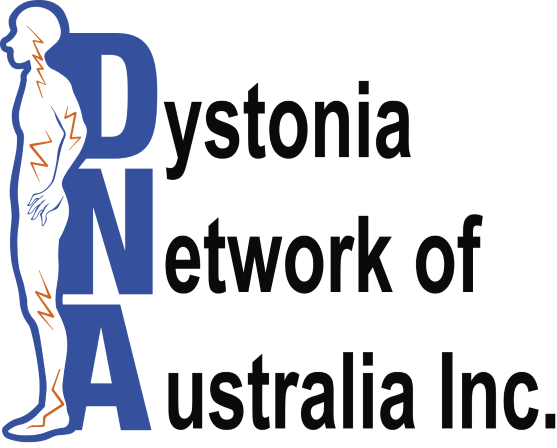Is dystonia genetic?
A genetic cause has been found in a small number of people with dystonia. For information on genetic forms read our Brochure: Genetics in Dystonia.
Does dystonia get worse over time?
For the majority of people with dystonia, symptoms often stabilise within a few years. After this time symptoms rarely change. However, with generalised dystonia, in particular young onset dystonia, symptoms may continue to worsen and spread over a longer period. For more information read our Brochure: Generalised Dystonia.
Is there a cure for dystonia?
At present there is no known cure for dystonia but there are treatment options. Read more about the different treatment options available.
Can dystonia be caused by stress?
Stress does not cause dystonia but symptoms often get worse in stressful situations. This happens in most movement disorders. It is not possible to avoid stress totally but there are many relaxation techniques that you can learn to minimise stress that may be helpful such as yoga. For more techniques ask your general practitioner to refer you to a practitioner or enquire at your local community health centre.
Can dystonia go into remission?
A small percentage of people will experience remission or a lessening of symptoms of their dystonia but these symptoms often return. However, the dystonias that respond well to treatments can have a longer term reduction in symptoms.
Is tiredness a part of my dystonia?
Many people report tiredness as part of their symptoms. For some people with constant involuntary movements the tiredness could be due to the energy expended, which is like an extended gym work-out. For others holding abnormal positions of their body throughout the day and the stress it puts on other parts of the body is very tiring. Tiredness can also be a sign of depression or low mood because of the chronic nature of dystonia. If this is a feature talk to your general practitioner, your specialist or mental health professional.
Can I exercise with dystonia?
Yes, you can. Physical activity is important for maintaining your ongoing health and quality of life, especially if you live with a chronic health condition. Many people with dystonia find they can do gentle, low impact activities such as walking, yoga or swimming. Adults should aim to complete 150 minutes of moderate exercise per week (WHO guidelines). Some people may find that exercise aggravates their dystonia symptoms, and these people may find that doing exercises and stretches while seated is more manageable. A neurophysiotherapist (a physiotherapist who specialises in neurological conditions) may be able to work with you to find the most suitable type of exercises and stretches for your condition. A list of neurophysiotherapists can be found on our website here. An exercise physiologist who specialises in neurological conditions may also be able to assist in developing an exercise program to improve your general fitness and strength.
Can I continue treatment if I’m pregnant?
Your neurologist may be treating your dystonia with botulinum toxin injections and/or medications. It is important that you tell your neurologist if you are pregnant or are planning a pregnancy. Your neurologist should discuss your treatment options and the safety and risks of any treatment during pregnancy. Treatment options may be different for each woman, depending on her personal circumstances, medical history and severity of dystonia. When pregnant, it is also important to tell your obstetrician or midwife of any treatment you are receiving for dystonia.
The answers to these FAQs have been approved by our advisory board. If you have a specific question you would like to see on this page please Contact Us
Page updated 31 January 2024




